Cardiac troponins (cTns) are very useful and distinct markers that indicate heart problems including acute myocardial infarction. They are also useful in showing the amount of myocardial damage in conditions that are not related to the heart but which take a toll on the heart muscles.
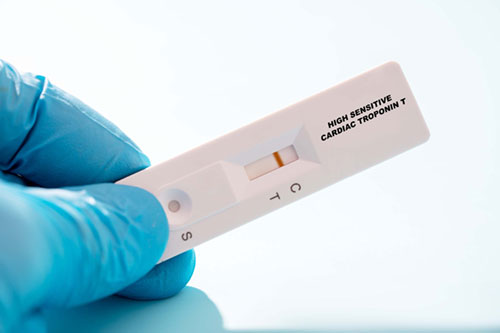
Acute coronary syndrome (ACS) can be diagnosed by evaluating cardiac Troponin I and cardiac Troponin T. Based on the cTn testing outcome, the question as to whether any coronary intervention is needed can be answered.
Thanks to advancing medical research, troponin assays are very sensitive and precise. Hence a TnI-ultra assay can identify plasma cTn levels of 0.006 ng/mL.
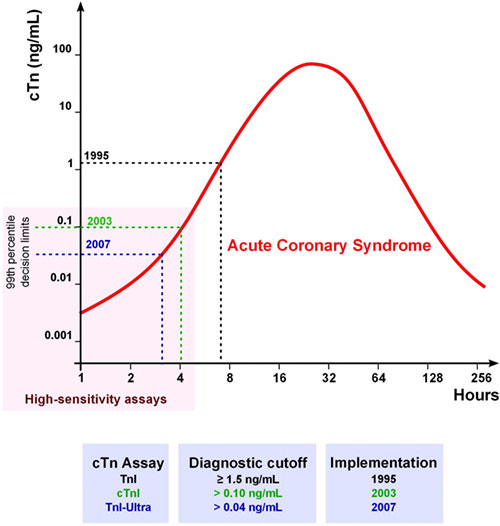
Figure 1: Shows the Rising Trend of Cardiac Troponin Levels with Time
However, there is a downside to this increased cTn assay sensitivity and that is a drop in specificity. Detailed history taking and clinical examination with cardiac troponin correlation are essential to arrive at a diagnosis.
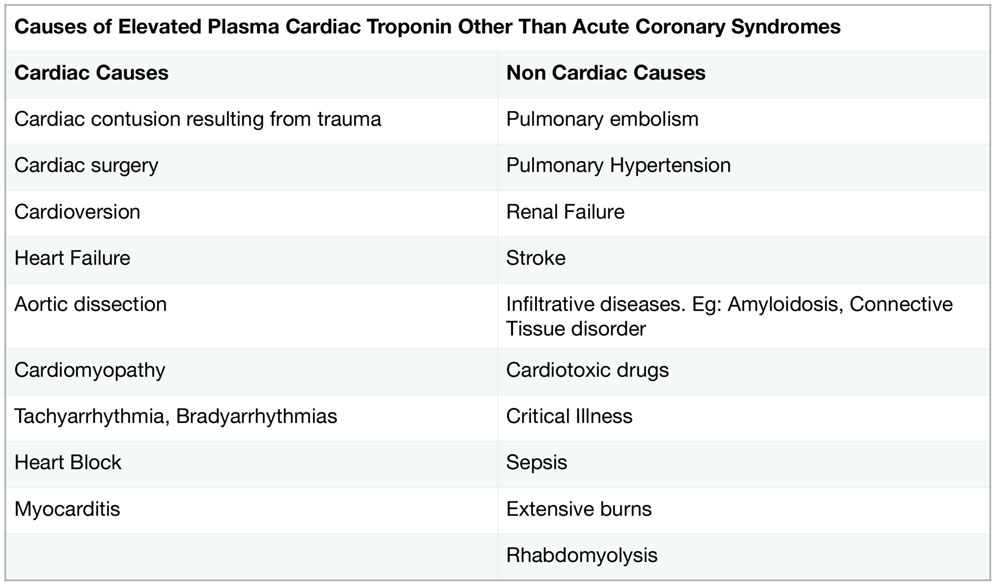
Table 1: Causes of False Positive Troponin Elevation
Need for Serial Troponin Testing
An increase in cTn levels has been observed in many long-term cardiac and non-cardiac conditions. An increase or decrease in serial cTn values points to an acutely progressing cardiac injury which is usually myocardial infarction. This is where serial cardiac troponin monitoring comes into play. As Figure 2 shows, there are specific patterns of cardiac troponin elevations for various myocardial diseases for which if there is a suspicion of myocardial infarction, the doctor will admit the patient for monitoring and treatment.
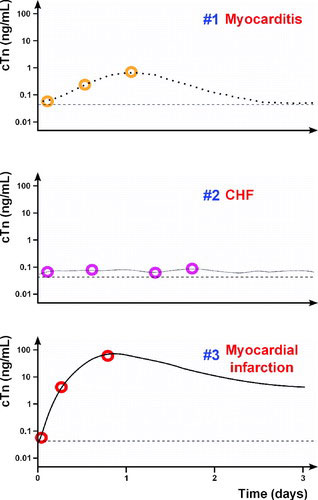
Figure 2: Shows Different Patterns of Cardiac Troponin Elevation
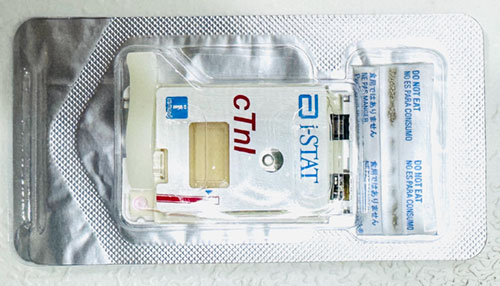
Figure 3: Cardiac Troponin Kit
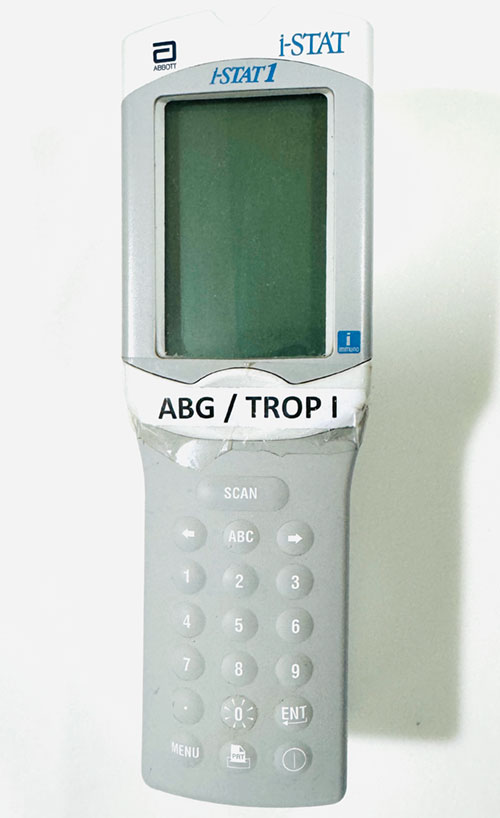
Figure 4: Point-of-Care Cardiac Troponin Testing Machine
In the Department of Emergency Medicine, Kauvery Hospitals, Alwarpet, we have point-of-care testing to determine the patient’s cardiac troponin at bed side. The time taken for cardiac troponin testing at the bed side in the emergency department is 10 minutes. The rapid detailed history taking, and detailed examination, along with correlation with rapid cardiac troponin testing helps us in arriving at a diagnosis, thereby minimising delay in the time taken for diagnosis and making possible prompt management for the patients presenting to the emergency medicine department.

Dr. Karunakaran Vetri, MBBS., M.E.M., F.I.C.M., MBA (HHSM)
Consultant Emergency Medicine
Kauvery Hospital Chennai

